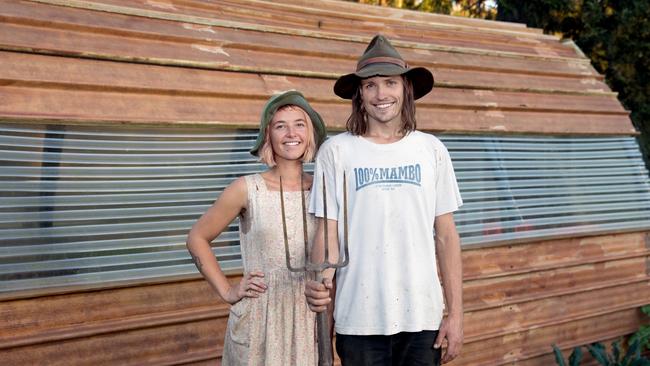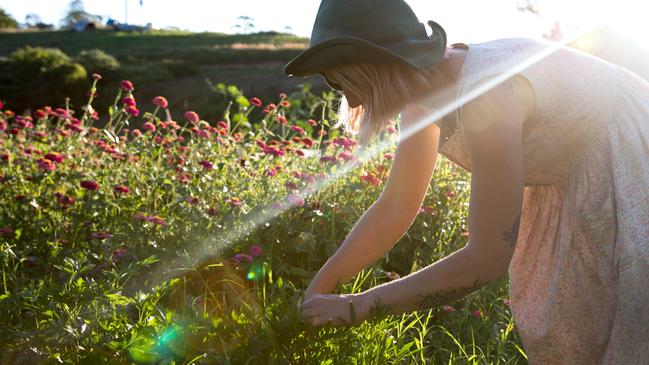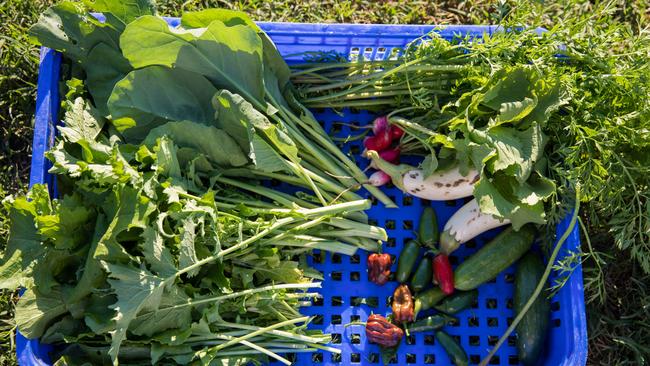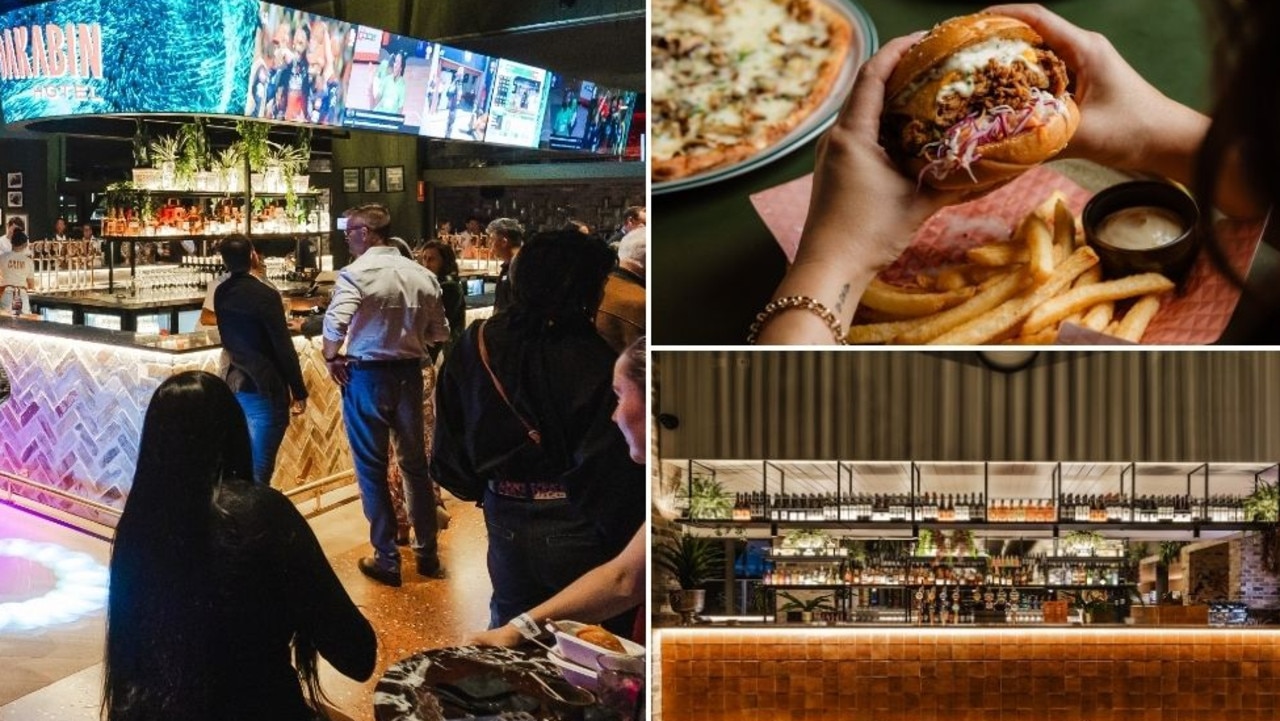Growers declare war on the word waste
WASTE is a dirty word in the eyes of Alice Star and Phil Garozzo, in fact they’ve relegated the term to the scrap heap and they hope it catches on.

Moreton Life
Don't miss out on the headlines from Moreton Life. Followed categories will be added to My News.
WASTE is a dirty word in the eyes of Alice Star and Phil Garozzo, whose little farm at Draper is making good use of organic matter that would normally end up in landfill.
Loop Growers is not just a commercial venture, but also a social enterprise bringing chefs and growers together.
Alice and Phil collect fruit and vegetable scraps, coffee grounds, egg shells and other organic matter from cafes and restaurants, and use it as compost or food for their worms. They prefer to call it yield, not waste.
“The waste concept is something humans have created. In nature there isn’t any waste,” Alice says. She says it has become ‘normal’ for people to put organic matter in the bin.
The ‘yield’ she and Phil collect is added to the soil used to grow their vegetables, which are sold back to the cafes and restaurants who supplied it — closing the loop.

It all began for the first-generation farmers in 2015 with a 10sq m “patch of nothing”. They spent six months building up the soil, before planting their first cucumbers and eggplants.
Alice says they started working with one cafe and now have links to 15 venues, including Flock Eatery at Redcliffe. While she had no farming experience, Phil was a market garden intern and worked on farms in the US and Mexico where people have a different view of waste — it’s a resource they manage.
While Phil was working as a barista at West End, he started a project called Not Waste. He and the chef would separate kitchen scraps into colour-coded buckets. It’s a system Loop Growers’ “suppliers” are using today.
Alice and Phil work the farm themselves, sometimes with the help of volunteers who are mostly staff from the venues they work with.
They don’t use chemicals, or tractors and big machinery. “What we’re doing will improve the environment rather than taking away from the soil,” Phil says.

Key to the whole venture are strong community relationships and education about sustainable food production. Phil says they are caretakers of the soil and it should be a give and take relationship. Sharing this concept is as important to him as the harvest. He and Alice would love to see more closed loop farms popping up across the region and beyond.
It’s a hard slog, they are at the mercy of the weather and the farm has taken over their lives but you’ll hear no complaints from these two. “It’s a lifestyle choice, not a career choice. It’s every minute of every day. It’s challenging and beautiful at the same time,” Alice says.
For Phil, who grew up in the Hills District, setting down roots in Draper has been a surprise. “It’s given me a sense of place. I wasn’t expecting that,” he says.


